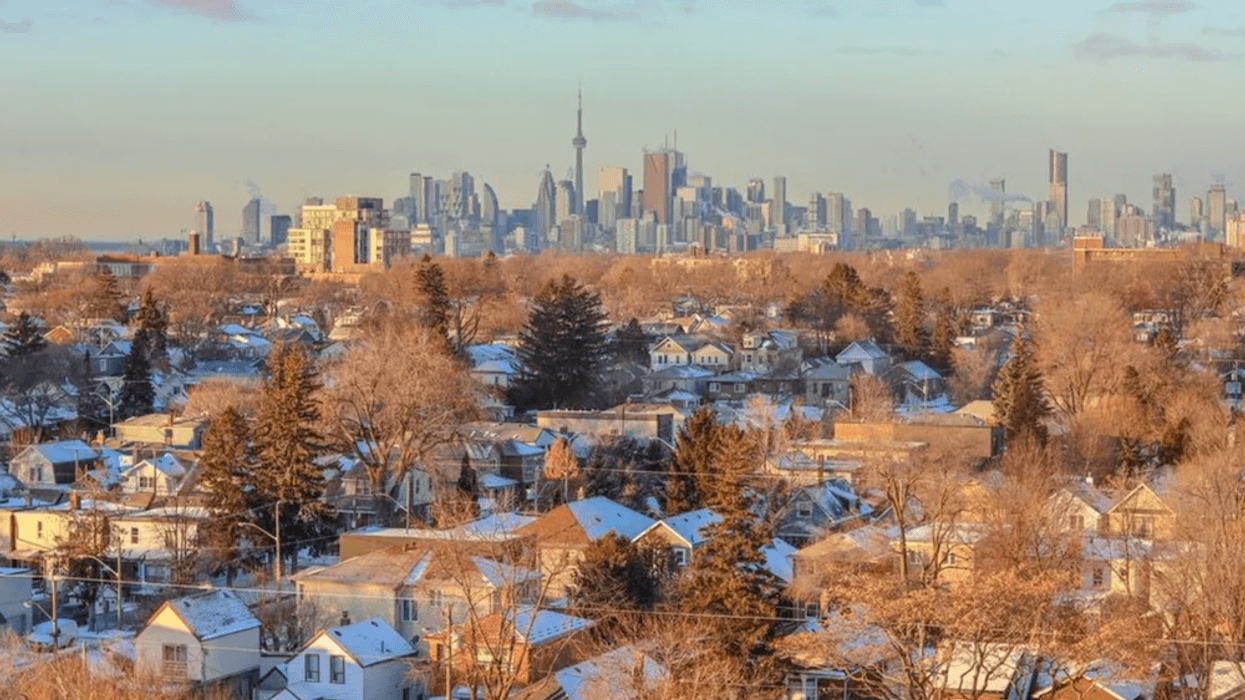Zoning
Learn what zoning means in Canadian real estate, how it governs land use, and why checking zoning laws is essential before buying or building.

May 22, 2025
What is Zoning?
Zoning refers to municipal laws that regulate how land and buildings can be used within specific geographic areas.
Why Zoning Matters in Real Estate
Zoning bylaws are established by local governments to organize urban development, protect property values, and promote safety and livability.
Zoning laws determine:
- Permitted property uses (e.g., residential, commercial, industrial)
- Building height and setbacks
- Density and lot coverage
- Whether certain businesses or structures are allowed
Before buying or developing a property, buyers must confirm the zoning designation and understand what is allowed on the site. Zoning also affects property value, development potential, and the approval process for renovations or additions.
In some cases, buyers may apply for a zoning variance or change if their intended use doesn’t align with existing regulations.
Understanding zoning is crucial for homeowners, investors, and developers alike to ensure compliance and make informed decisions.
Example of Zoning
A buyer wants to operate a home daycare but learns the property is zoned strictly residential, requiring a zoning change to proceed legally.
Key Takeaways
- Regulates land use and development.
- Dictates what can be built and where.
- Impacts property value and usability.
- Must be checked before buying or renovating.
- Changes require municipal approval.
Related Terms
- Land Use Bylaws
- Municipal Planning
- Variance
- Building Permit
- Official Plan

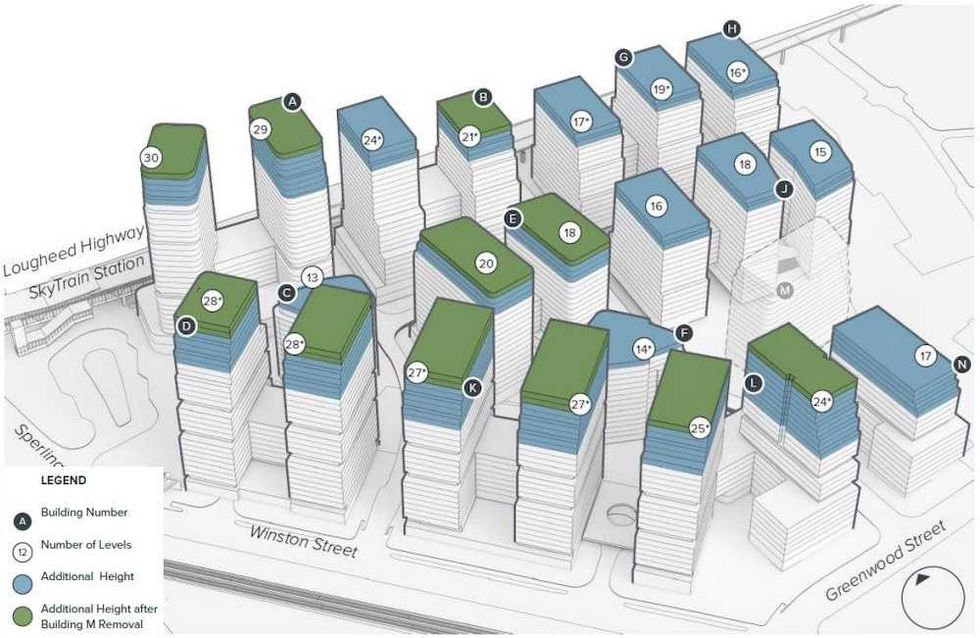 Building height changes from the previous master plan apllcation. (Peterson)
Building height changes from the previous master plan apllcation. (Peterson)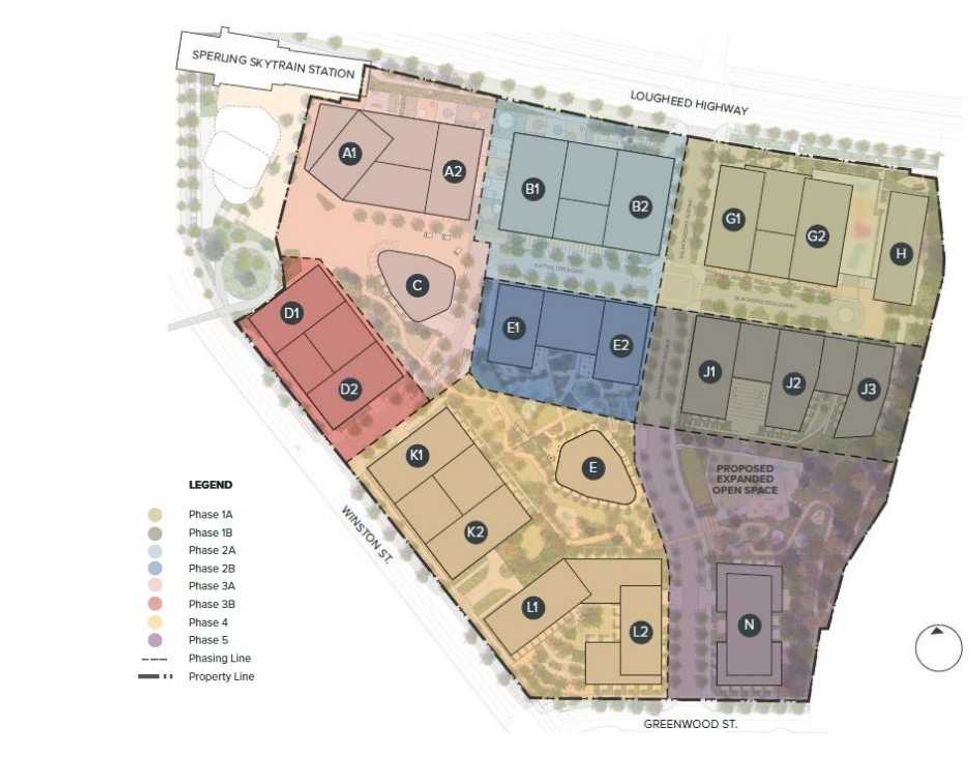 An overview of Blake Village and the phasing plan. (Peterson)
An overview of Blake Village and the phasing plan. (Peterson)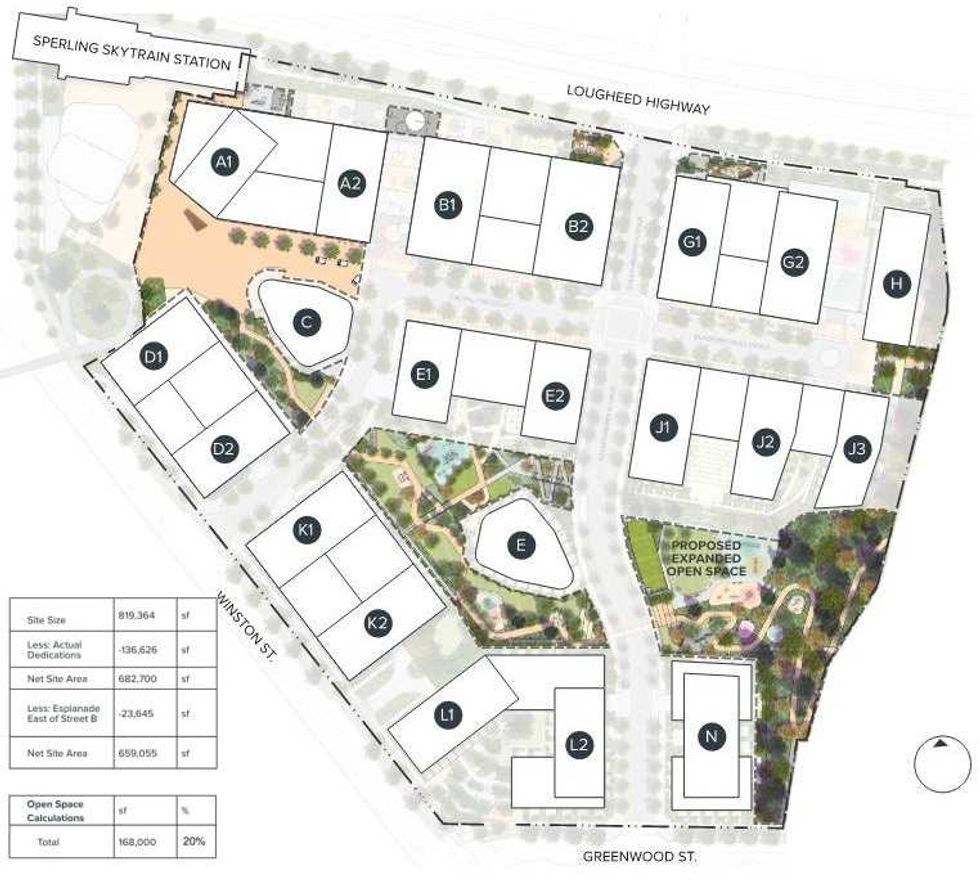 An overview of Blake Village and planned open space. (Peterson)
An overview of Blake Village and planned open space. (Peterson)


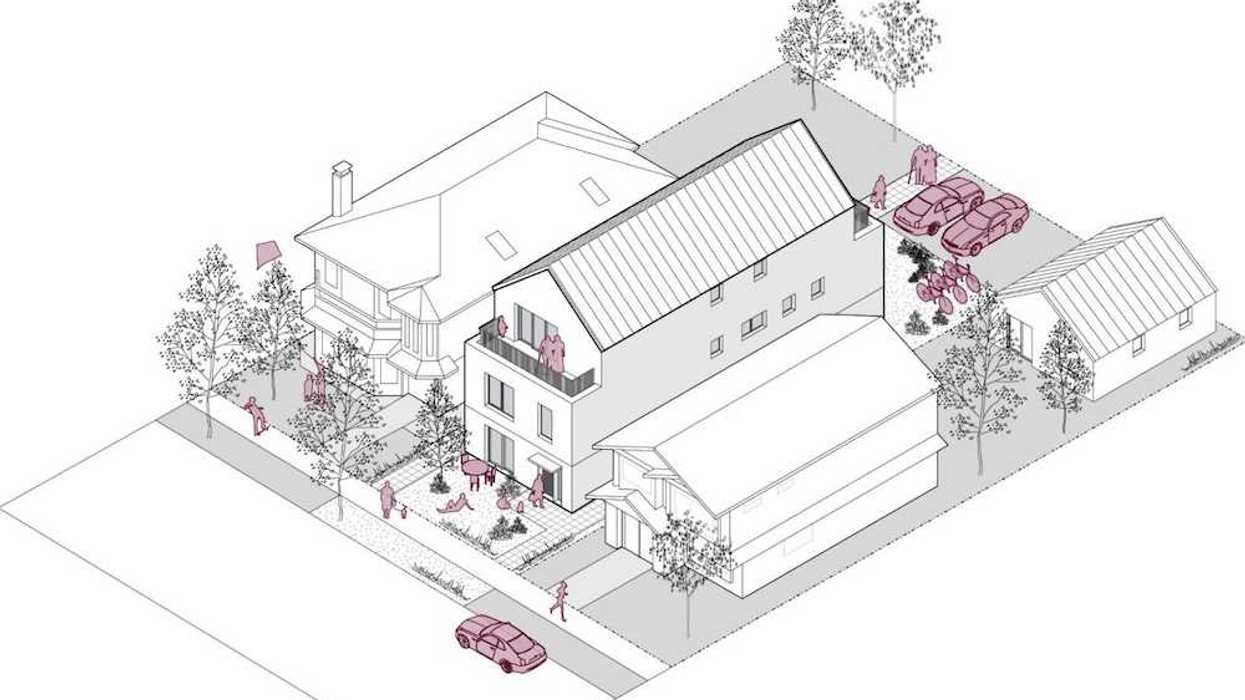
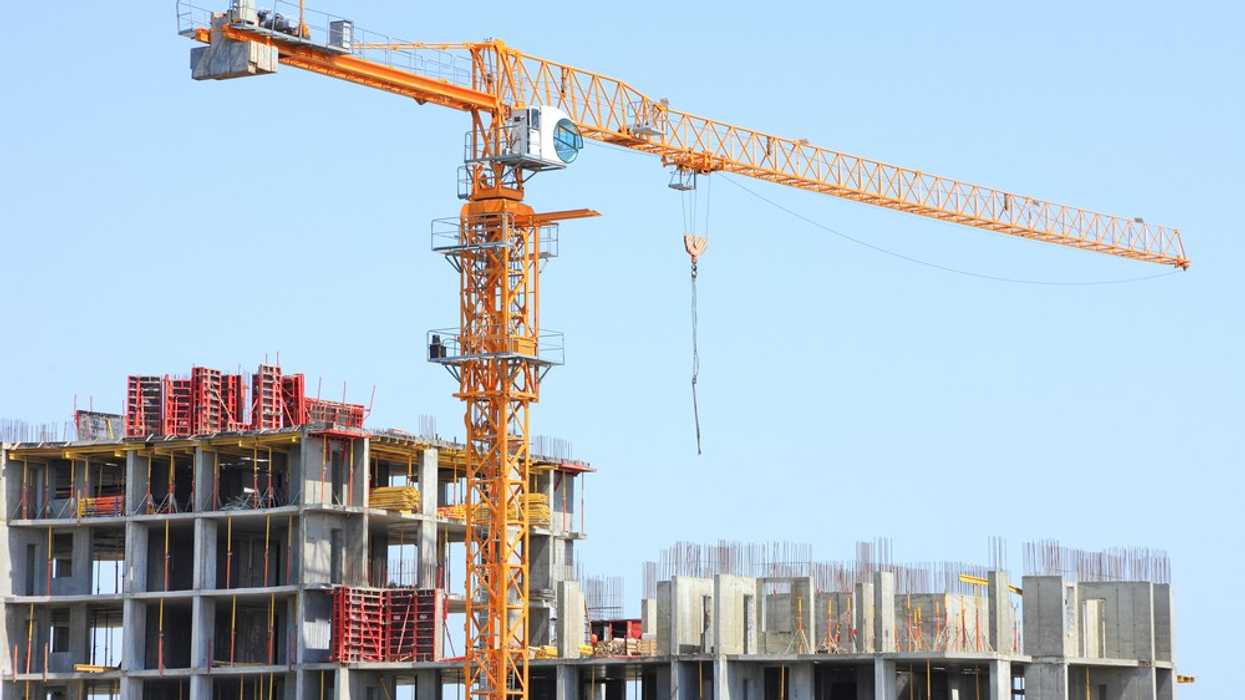



 Eric Lombardi at an event for Build Toronto, which is the first municipal project of Build Canada. Lombardi became chair of Build Toronto in September 2025.
Eric Lombardi at an event for Build Toronto, which is the first municipal project of Build Canada. Lombardi became chair of Build Toronto in September 2025.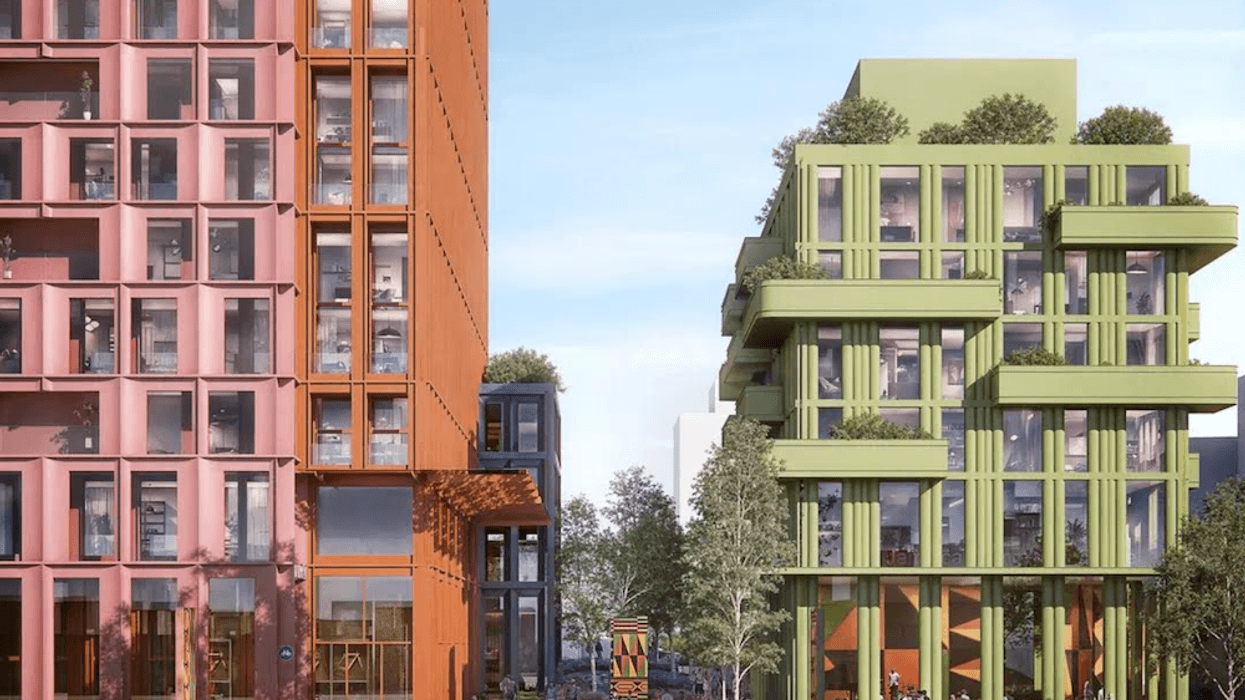
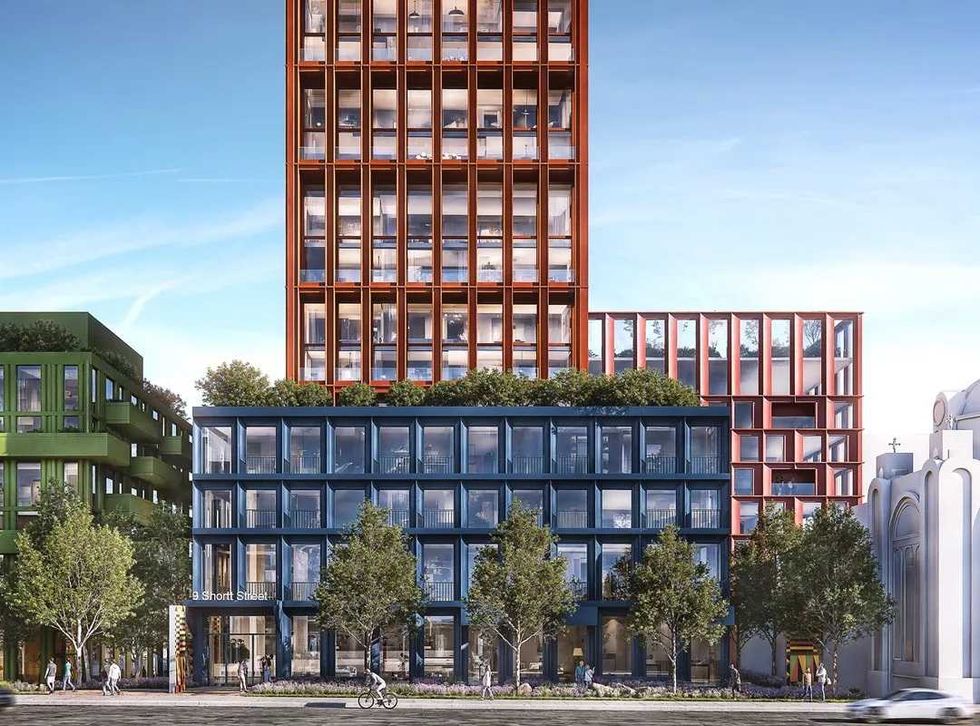 Rendering of 9 Shortt Street/CreateTO, Montgomery Sisam
Rendering of 9 Shortt Street/CreateTO, Montgomery Sisam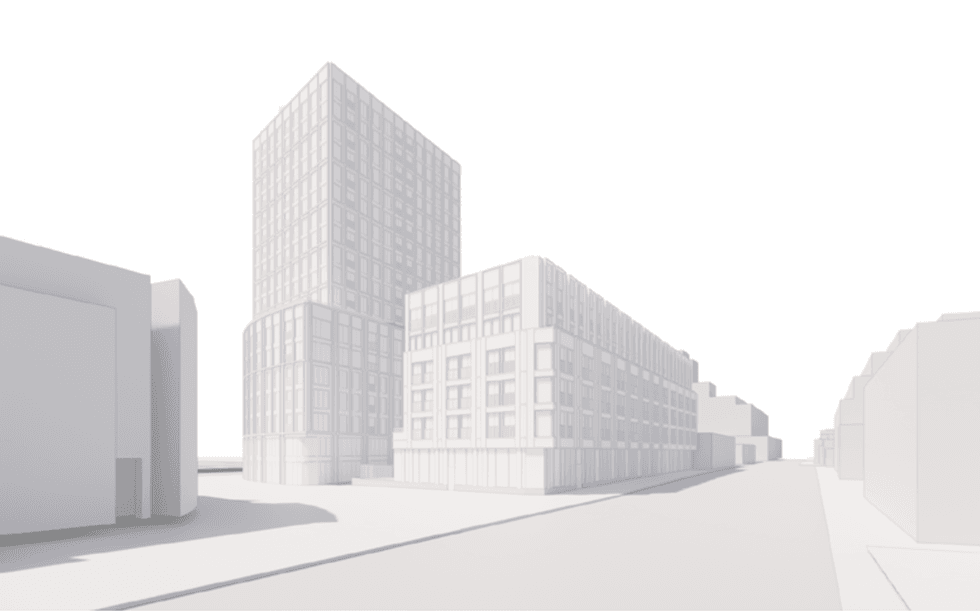 Rendering of 1631 Queen Street/CreateTO, SVN Architects & Planners, Two Row Architect
Rendering of 1631 Queen Street/CreateTO, SVN Architects & Planners, Two Row Architect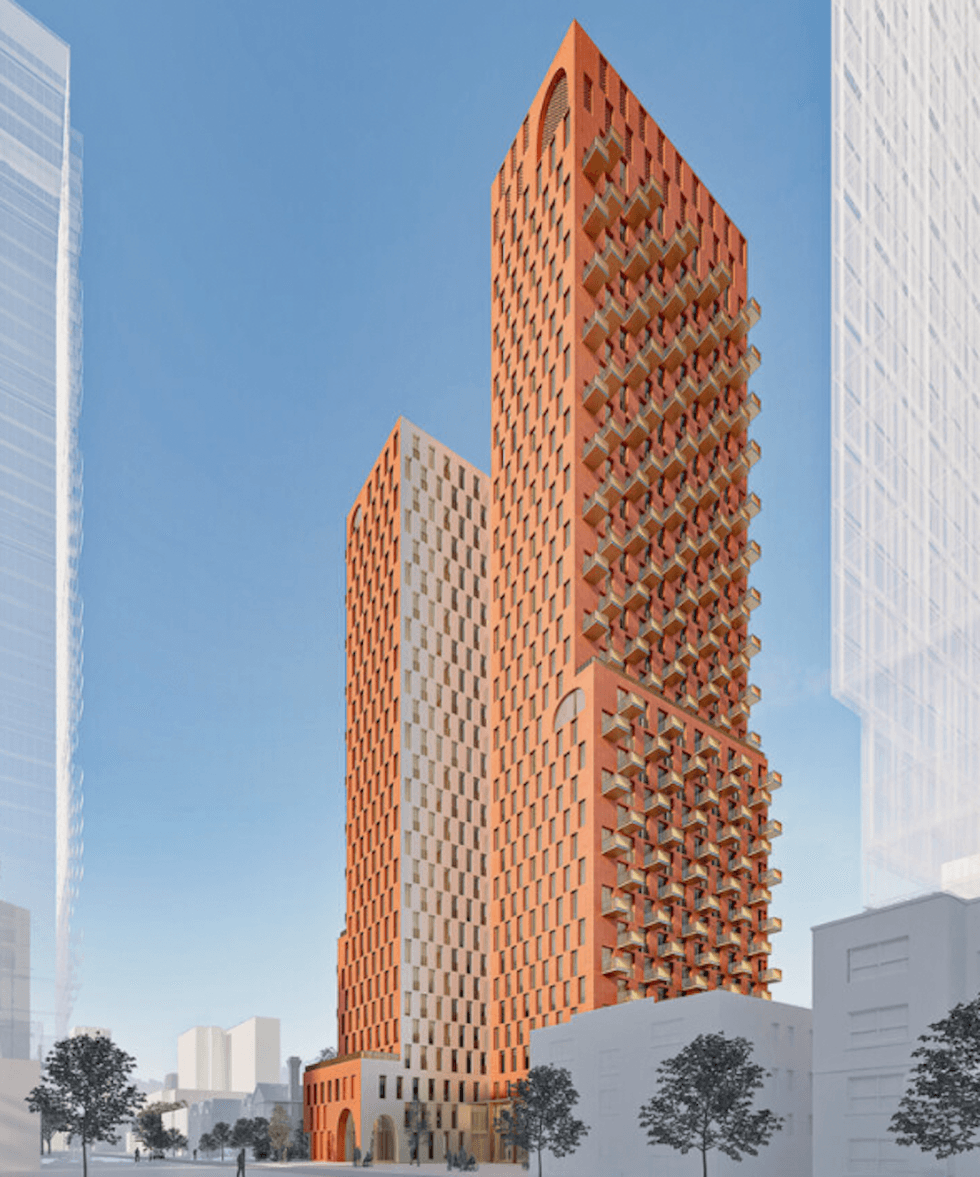 Rendering of 405 Sherbourne Street/Toronto Community Housing, Alison Brooks Architects, architectsAlliance
Rendering of 405 Sherbourne Street/Toronto Community Housing, Alison Brooks Architects, architectsAlliance


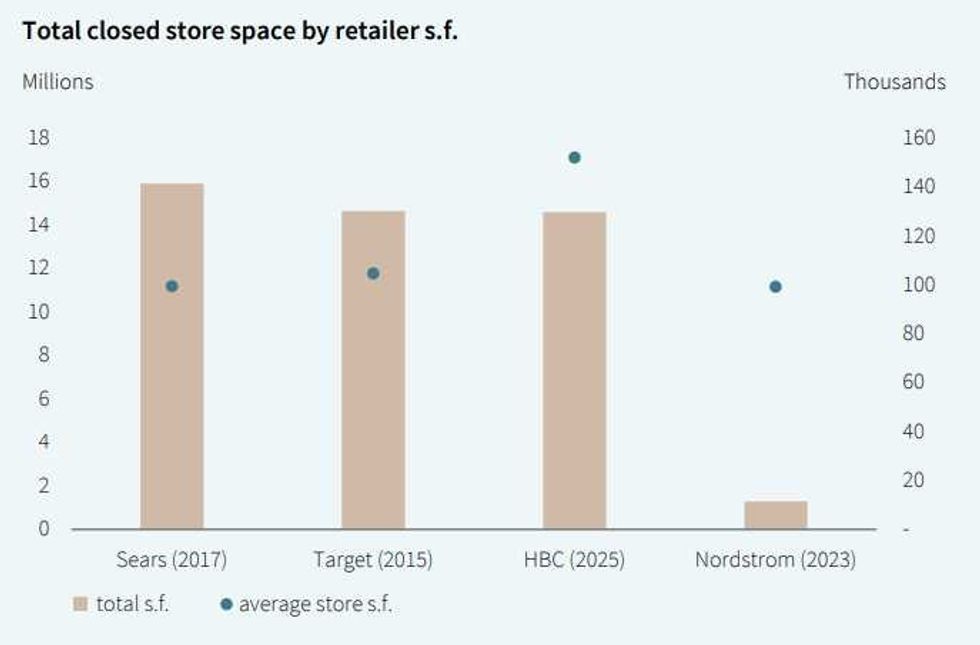 Hudson’s Bay vacated about as much space as Target did in 2015. (JLL)
Hudson’s Bay vacated about as much space as Target did in 2015. (JLL)